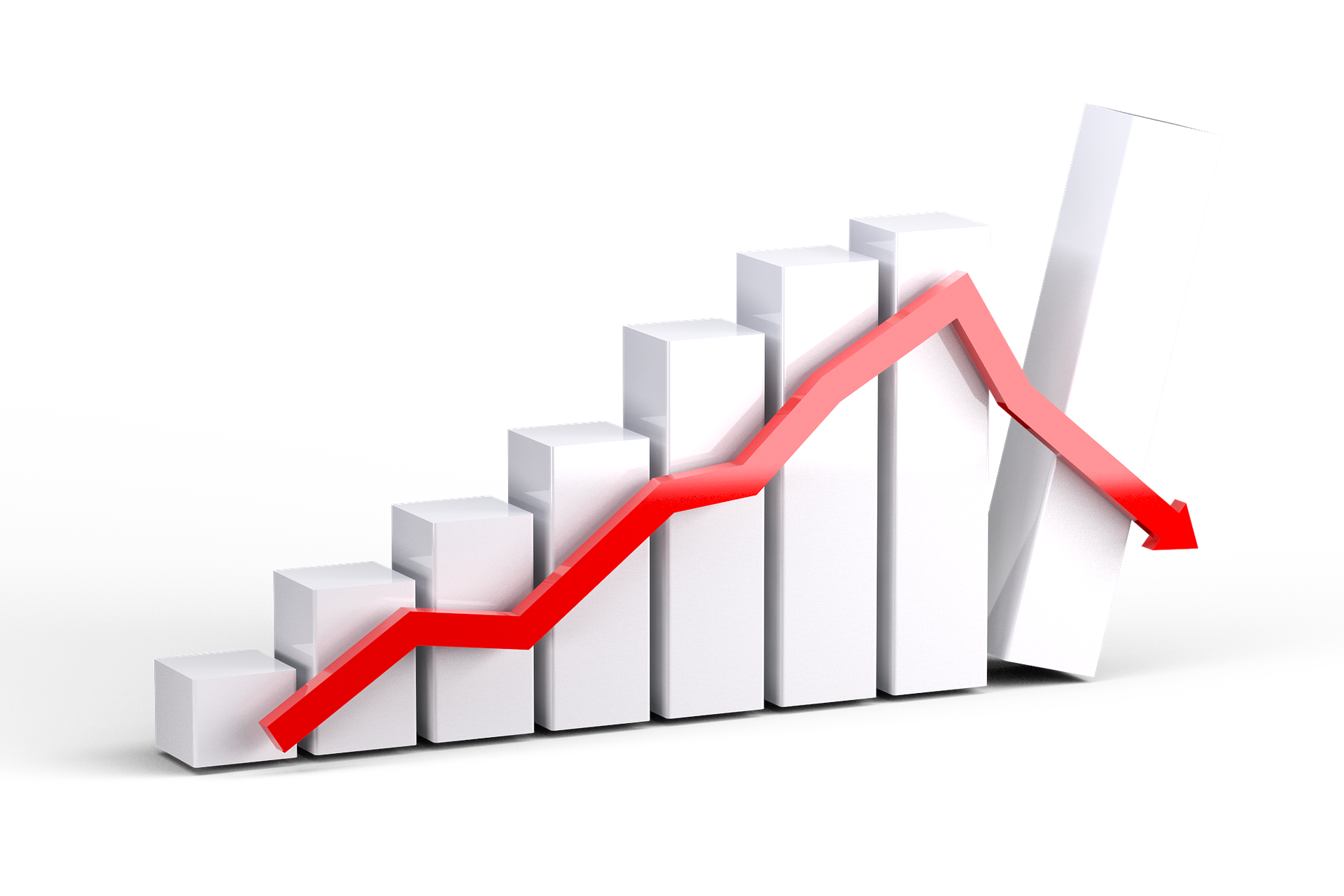How do Interest Rates affect Stock Valuation?

The central banks around the world are raising interest rates to reduce inflationary pressures. But do these rising rates affect stock valuation? Let’s find out:
A change in the interest rate changes generally impacts the stock market immediately, whereas, for the rest of the economy, it may take about a year to see any widespread impact. Although the relationship between interest rates and the stock market is fairly indirect, the two tend to move in opposite directions.
Companies that have borrowed debt will experience an increase in borrowing costs. This will impact the profits and cash flows of such companies. This in turn will negatively affect their stock prices. Higher interest rates will increase the fixed income yields and make them more attractive. Stocks would now require a higher rate of return to compete with these higher-yielding instruments.
Higher interest rates tend to negatively affect earnings and stock prices (with the exception of the financial sector). In theory, higher interest rates impact high-growth companies more than low-growth companies. Most of the current value of high-growth companies is derived from cash flows generated much later in the future.
But there are still 2 reasons to stay invested in high-growth companies:
- Many high-growth companies are capable of providing a higher rate of return even if interest prices keep on rising.
- Interest rates tend to impact valuations only temporarily.
The central banks can’t keep on raising interest rates forever. They reverse the rate change once the monetary policy measures taken are effective enough. These are short-term changes and shouldn’t affect an investor if it’s a long-term investment. Once the central banks announce an interest rate cut, the assumption is consumers and businesses will increase spending and investment. This can cause stock prices to rise.
What to do in such situations?
Instead of being worried, one should stay invested in companies having good long-term growth potential. Investors should invest in companies that have low or zero debt. Low debt companies can service the debt even if the interest rates go up. An investor should focus on the quality of the business. Good quality businesses can do well even in a high-interest rate environment. Understanding the relationship between interest rates and the stock market can help investors understand how changes may impact their investments. They can also be better prepared to make better financial decisions.
Source: thegoodinvestors.sg, investopedia.com
Disclaimer: “The views expressed are for information purposes only. The information provided herein should not be considered as investment advice or research recommendation. The users should rely on their own research and analysis and should consult their own investment advisors to determine the merit, risks, and suitability of the information provided.”
